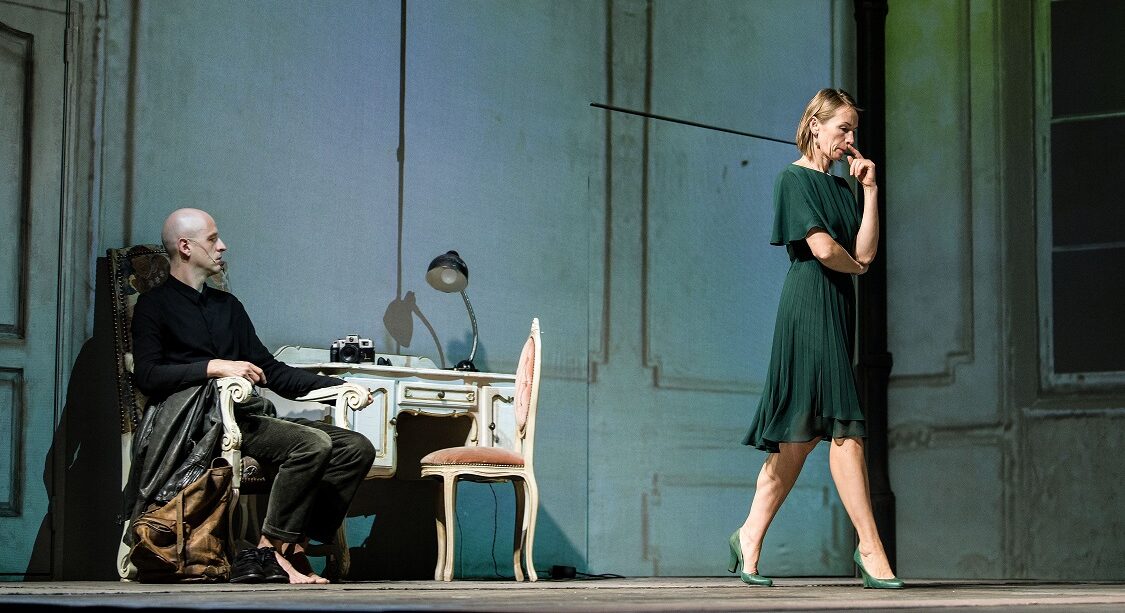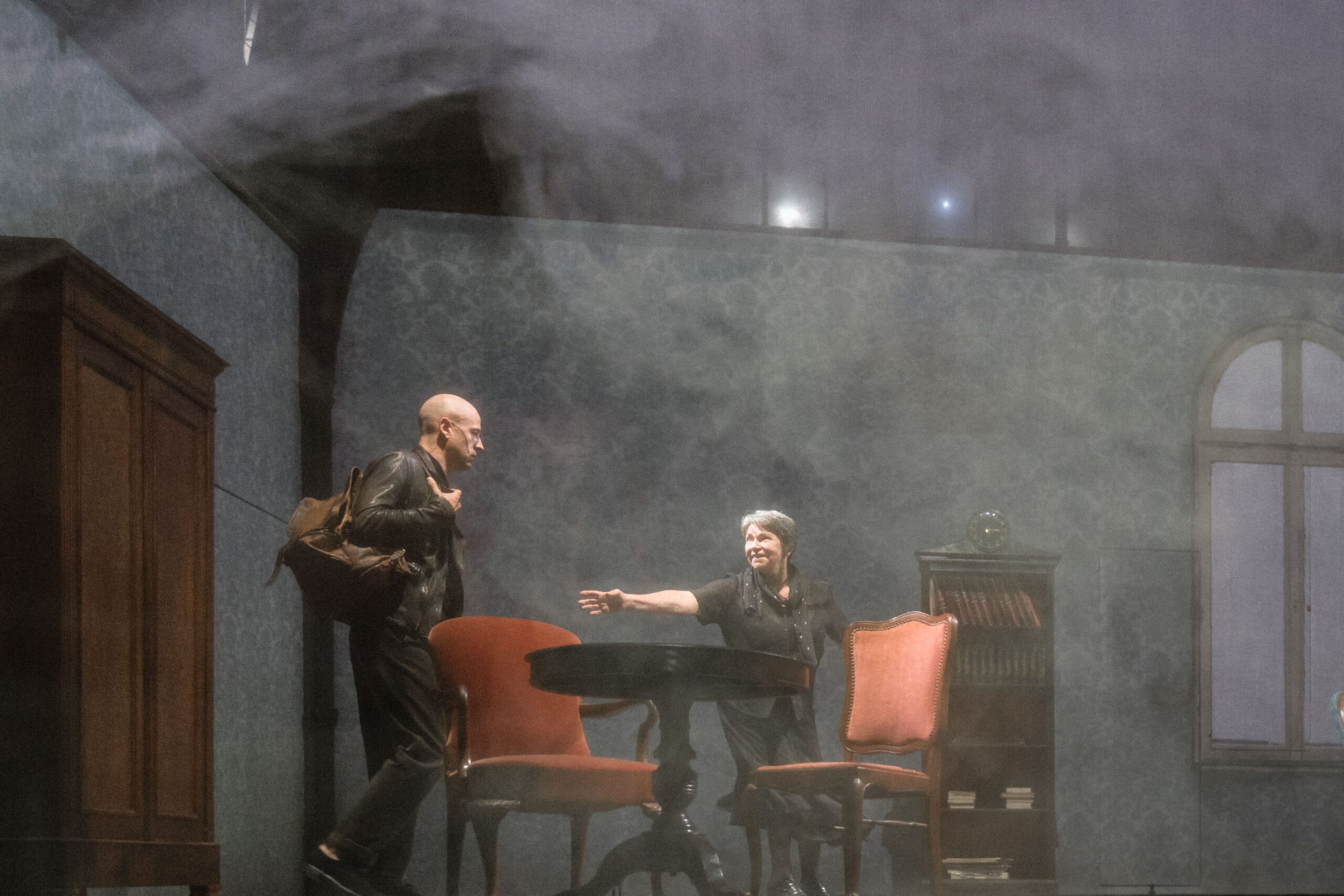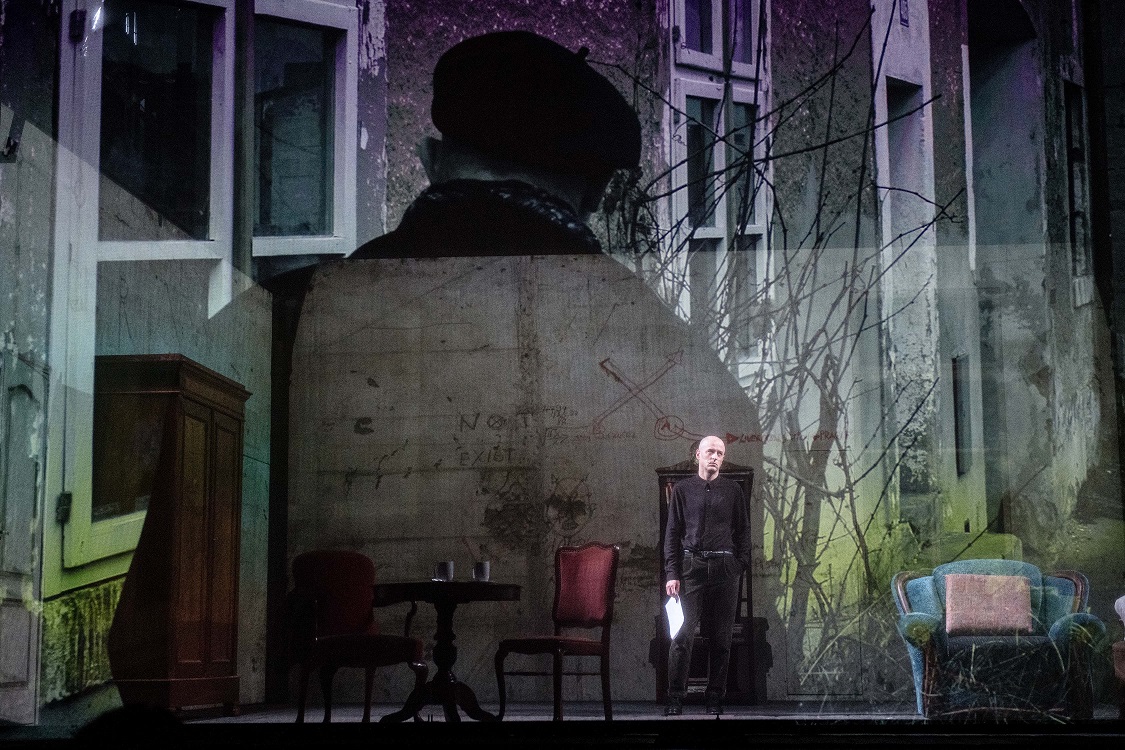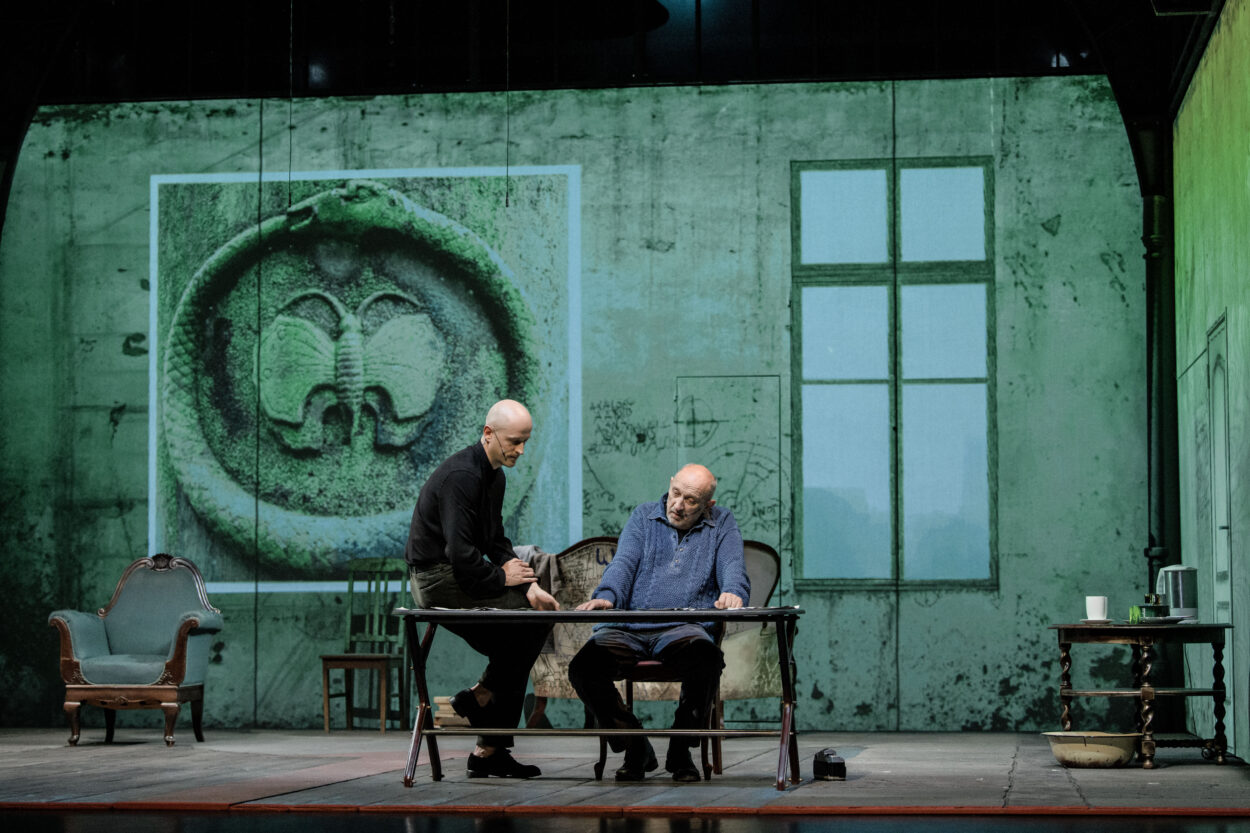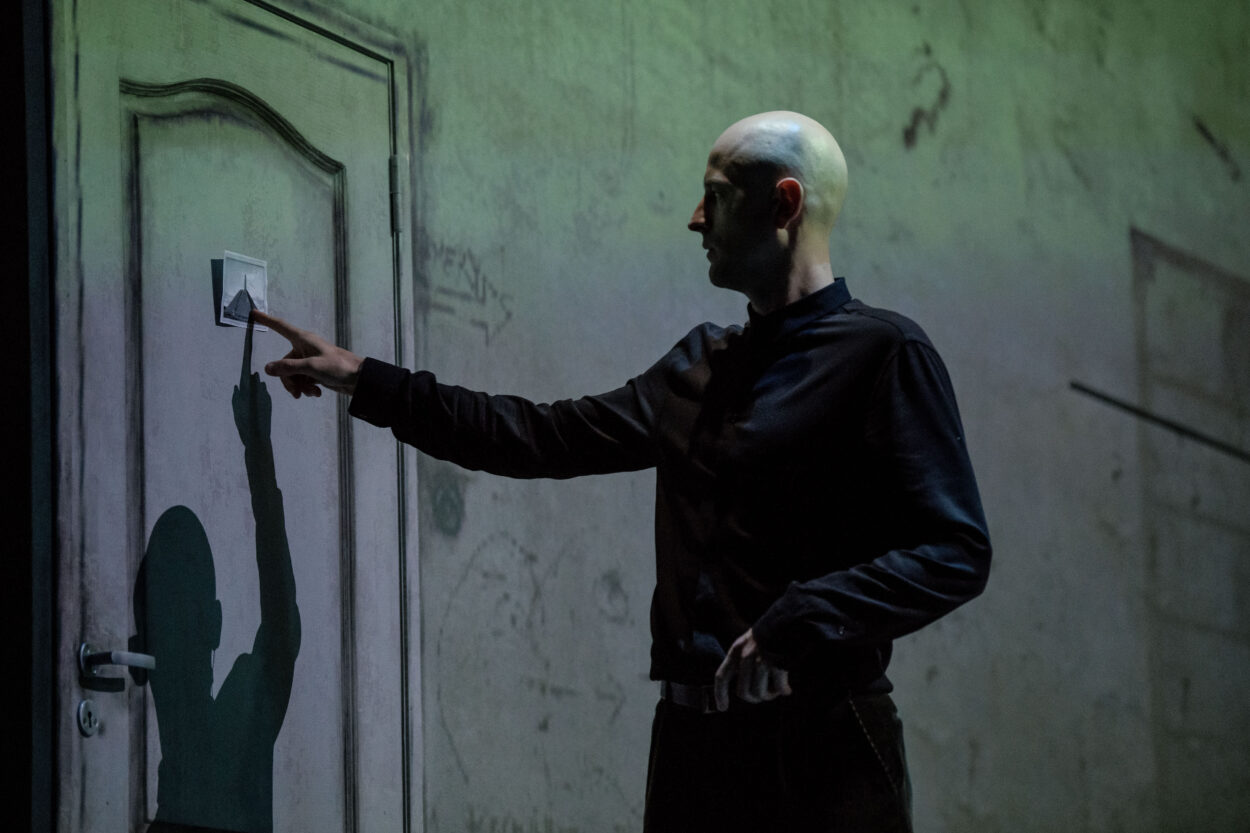Austerlitz, an epic meditation on the greatest trauma of the 20th century, the Holocaust, and its consequences for the present, was the last novel written by W.G. Sebald, one of the most original contemporary writers. The book is regarded as the pinnacle of his work. It also reflects, through the lens of personal experience, on the monstrous scale of destruction inflicted on our civilization by wars. One of the most prominent theater directors of our time, Krystian Lupa, for whom this is the first encounter with Sebald’s work, believes that the writer’s literature “can initiate changes in theatrical language,” while “Austerlitz provides an opportunity for a new theatrical narrative.”
The events in Austerlitz span six decades, from 1939 to the end of the century. The action takes place in Antwerp, Wales, Oxford, London, Paris, Prague, Terezin, and Marienbad. The historical events are over when the story begins. In the book, Sebald describes casual encounters that took place in different European cities within the span of the last three decades of the 20th century between the narrator and Austerlitz, a lone traveler. Before becoming an adult, Austerlitz didn’t know what his real name and background were, nor did he know his real parents. As a five-year-old boy he was sent by his mother on a kindertransport from Prague to London just before her deportation to the Terezin concentration camp. His father went missing and Austerlitz was adopted and raised in Wales under a different name. He then graduated from Oxford, then settled in London where he researched European architecture. Austerlitz remembered nothing from his early childhood until one day at the Liverpool Street station, where his kindertransport train had once brought him, he had a sudden flashback. He then embarked on a search for his childhood home and his parents. However, his return to Prague only reinforced Austerlitz’s sense of exclusion, and only the search for his parents gave meaning to his life…
